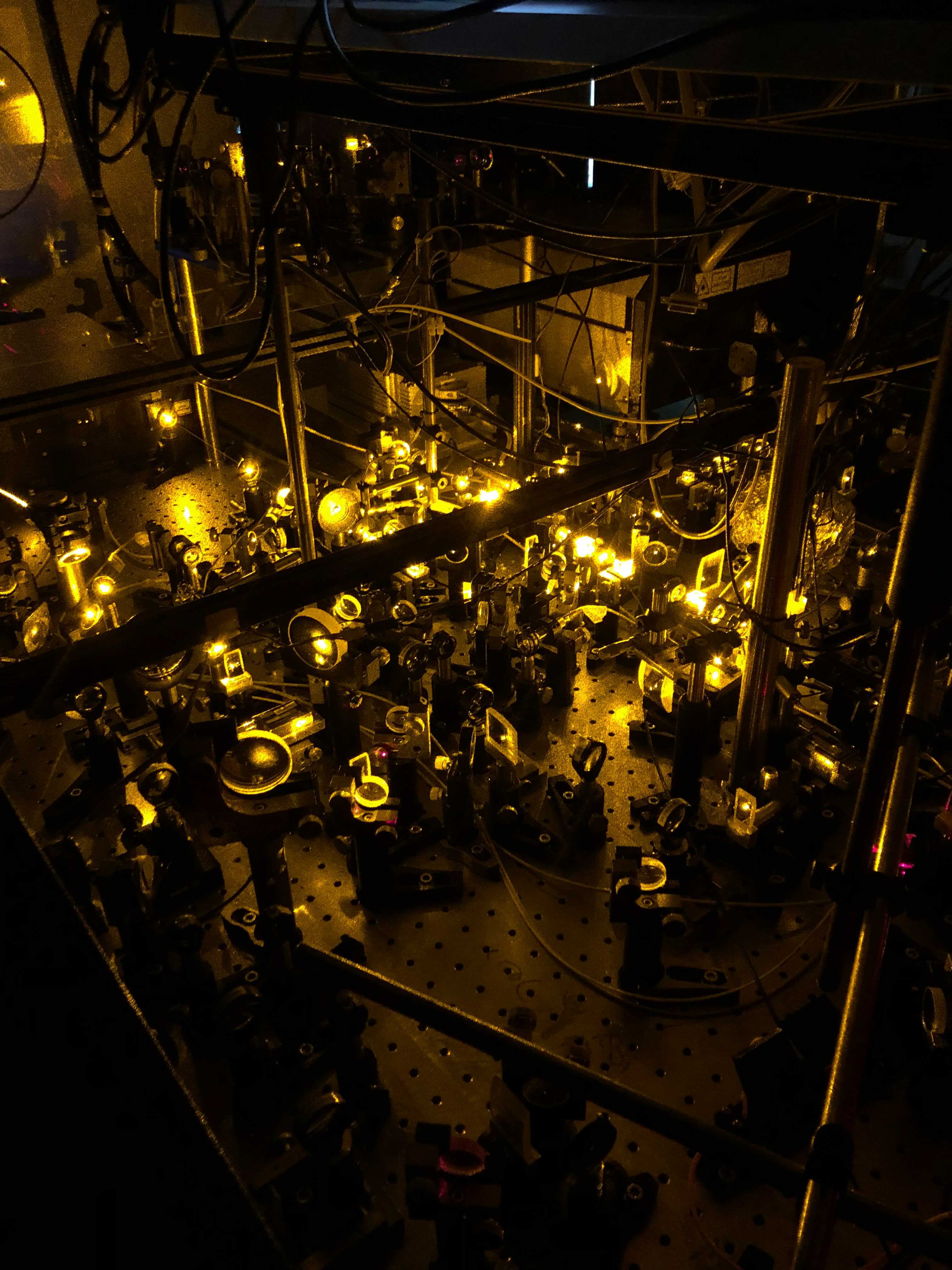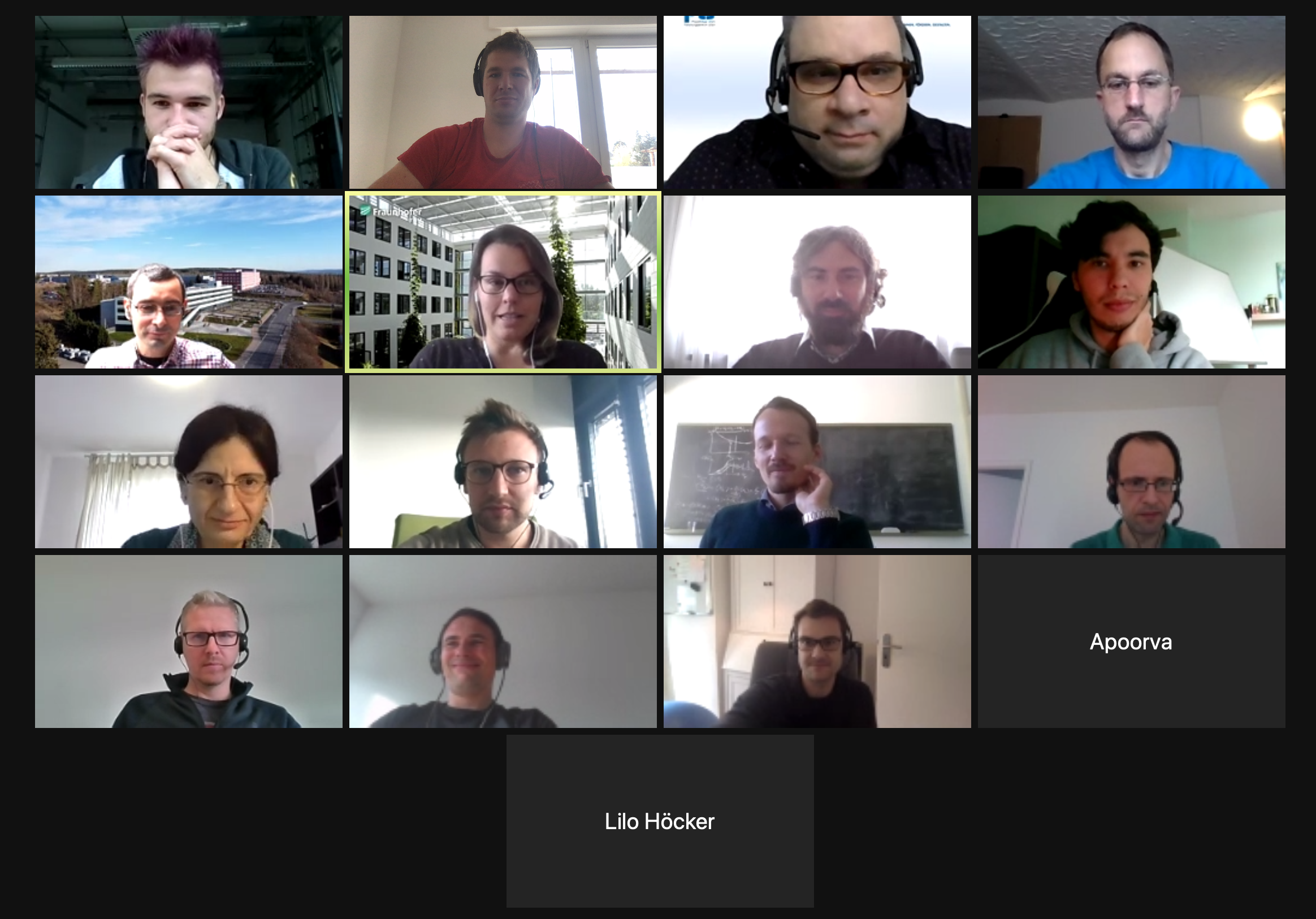In the BMWi-funded project we develop algorithms for qubit-based quantum computers and quantum simulators for the solution of an energy-economic fundamental model with stochastic variables. As a basis of the project we define a simple fundamental model, which we translate into a quantum mechanical problem and which can be solved efficiently on a quantum simulator. The developed algorithms are implemented in a prototype and tested on a quantum annealer.
Subsequently, the fundamental model and the quantum simulator will be successively further developed with the aim of stochastically modeling the German electricity market with sufficient accuracy. We compare the results with a benchmark on classical high-performance computing systems and evaluate alternative architectures.


